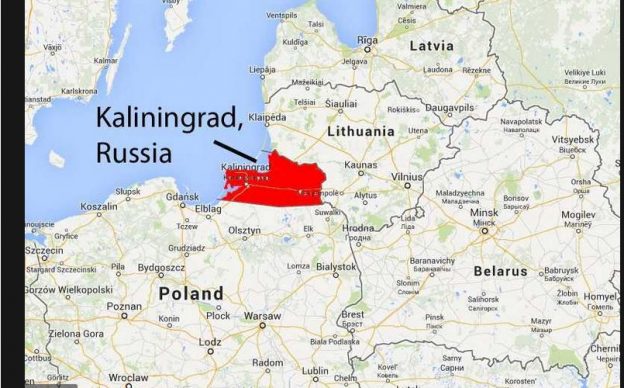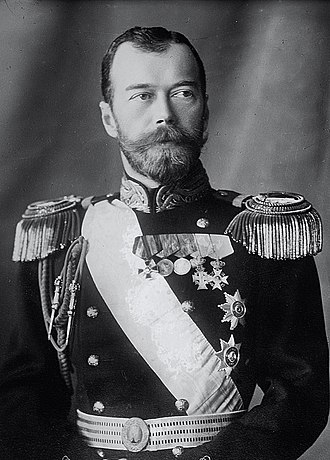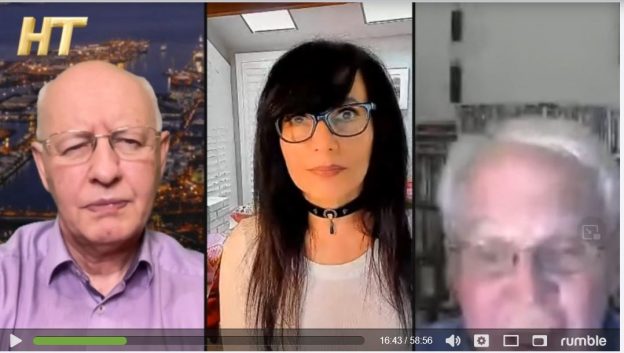Russia will have to intrude into NATO territory to feed its people in Kaliningrad. NATO, doing Uncle Sam’s bidding, could then invoke its Article 5 obligation to, one and all, galvanize against Russia.
On July 28, 1914, Austria-Hungary declared war on Serbia pursuant to the killing of Archduke Franz Ferdinand of Austria and his wife by a Serbian nationalist in Sarajevo, thus effectively starting the First World War.
Americans, aside some asses who may rot in Russian jails as prisoners of war, have not gotten as worked up about Ukraine as the neoconservative, neoliberal and the ConOink laptop bombardiers have wanted them to.
But Lithuania’s partial blockade of Kaliningrad—“a Russian sovereign territory on the Baltic Sea, sandwiched between Lithuania and Poland,” and thus reliant on these EU neighbors, also NATO members, for overland shipping of essential supplies—might just constitute a provocation like the one that ignited WWI.
This is the case because Russia will have to intrude into NATO territory to feed its people in Kaliningrad. NATO members, doing Uncle Sam’s bidding, could then invoke their Article 5 obligation to, one and all, galvanize against Russia.
Via ZeroHedge:
Ahead of the new Lithuanian transit ban taking effect, the state railways service was reportedly awaiting final word from the European Commission on enforcing it:
The cargo unit of Lithuania’s state railways service set out details of the ban in a letter to clients following “clarification” from the European Commission on the mechanism for applying the sanctions.
Previously, Lithuanian Deputy Foreign Minister Mantas Adomenas said the ministry was waiting for “clarification from the European Commission on applying European sanctions to Kaliningrad cargo transit.”
Brussels then ruled that “sanctioned goods and cargo should still be prohibited even if they travel from one part of Russia to another but through EU territory,” according to Rueters/Rferl.
In Moscow’s eyes, this is tantamount to laying economic siege to part of Russia’s sovereign territory and one million of its citizens. When the EU first proposed the blockage of goods as part of the last major sanctions package in early April, Kremlin officials warned of war given Moscow would have to “break the blockade” for the sake if its citizens.




